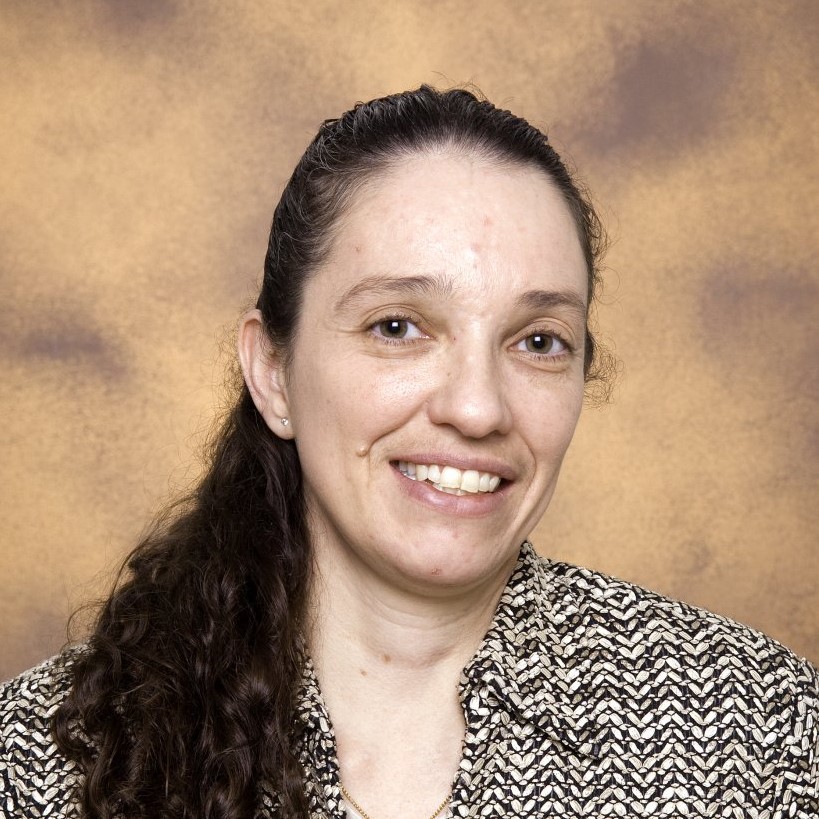The Office of Electricity Delivery and Energy Reliability announced up to $27 million in funding for academic collaborations that will develop and transition advanced cybersecurity technologies to the energy sector. With cybersecurity for the energy s...
March 9, 2015As part of the Administration’s commitment to a strong and secure power grid, the Office of Electricity Delivery and Energy Reliability today announced up to $27 million in funding for academic collaborations that will develop and transition advanced cybersecurity technologies to the energy sector. With cybersecurity for the energy sector emerging as one of the most serious challenges associated with grid modernization and infrastructure protection, maintaining a robust pipeline of cutting-edge technologies is essential to helping the energy sector continue adapting to the changing cyber landscape.
The Academic Collaboration for Cybersecurity of Energy Delivery Systems (CEDS) Research and Development for the Energy Sector Funding Opportunity Announcement (FOA) will bring together academic institutions with the expertise and vision needed to develop and transition innovative technologies that will help utilities further reduce the risk of a power disruption resulting from a cyber incident. This FOA is focused on creating teams of academic institutions with expertise in power systems engineering and the computer science of cybersecurity. The teams will develop multi-disciplinary research plans to produce new cybersecurity tools and technologies and make them available to the energy sector. Utilities and suppliers of energy delivery systems and components will be engaged at all stages, from the earliest research through the eventual transition to use by the energy sector. Lessons learned will be shared through academic outreach to ensure that the technical knowledge also transitions to the energy sector.
The Energy Department has a long history of working closely with public and private partners toward the energy sector’s Roadmap to Achieve Energy Delivery Systems Cybersecurity vision of having resilient energy delivery systems designed, installed, operated and maintained to survive a cyber incident while sustaining critical functions by 2020. Since 2010, the Office of Electricity Delivery and Energy Reliability has invested more than $150 million in cybersecurity research, development and demonstration projects that are led by industry, universities and national labs. Since then, more than 20 new technologies that the Office of Electricity Delivery and Energy Reliability’s investments helped support are now being used to further advance the resilience of the nation’s energy delivery systems.
The Academic Collaboration for Cybersecurity of Energy Delivery Systems (CEDS) Research and Development for the Energy Sector FOA, which is available at FedConnect.net and Grants.gov, provides additional information, including cost-sharing requirements for government-industry cooperation. The deadline for submitting applications is May 12, 2015.
To learn more about our strategic approach to protecting the nation’s electric grid from the cyber threat, visit the cybersecurity section of our website.
Patricia A. Hoffman

Acting Assistant Secretary, Principal Deputy Assistant Secretary, Office of Electricity
Former Principal Deputy Assistant Secretary for the Office of Electricity (OE) at the U.S. Department of Energy (DOE), Ms. Patricia A. Hoffman also served as Acting Under Secretary for Science and Energy from January 2017 until November 2017 when the U.S. Senate confirmed Mark Menezes as Under Secretary of Energy. Ms. Hoffman served as Acting Assistant Secretary for OE from January 2017 until October 2017 when the OE Assistant Secretary was confirmed by the U.S. Senate.
Ms. Hoffman was named Assistant Secretary for OE from June 2010 to January 2017, after serving as Principal Deputy Assistant Secretary since November 2007. The focus of her responsibility was to provide leadership on a national level to modernize the electric grid, enhance the security and reliability of the energy infrastructure and facilitate recovery from disruptions to the energy supply both domestically and internationally. This is critical to meeting the Nation’s growing demand for reliable electricity by overcoming the challenges of our Nation’s aging electricity transmission and distribution system and addressing the vulnerabilities in our energy supply chain.
Prior to her this position, Ms. Hoffman served in a dual capacity as Deputy Assistant Secretary (DAS) for Research and Development (R&D) and Chief Operating Officer (COO) within OE. During her tenure as the DAS for R&D, she developed the long-term research strategy and improved the management portfolio of research programs for modernizing and improving the resiliency of the electric grid. This included developing and implementing sensors and operational tools for wide-area monitoring, energy storage research and demonstration, and the development of advanced conductors to increase the capacity and flexibility of the grid. She also initiated a new research effort focused on integrating and distributing renewable energy through the electric grid, such as promoting plug-in hybrid electric vehicles and implementing smart grid technologies to maintain system reliability. As COO, she managed the OE business operations, including human resources, budget development, financial execution, and performance management.
Prior to joining OE, she was the Program Manager for the Federal Energy Management Program within the Office of Energy Efficiency and Renewable Energy at DOE. This program guides the Federal government to “lead by example” promoting energy efficiency, renewable energy, and smart energy management. Complementing her building energy efficiency experience, she also was the Program Manager for the Distributed Energy Program, which conducted research on advanced natural gas power generation and combined heat and power systems. Her accomplishments included the successful completion of the Advanced Turbine System program resulting in a high-efficiency industrial gas turbine power generation product.
Ms. Hoffman holds a Bachelor of Science and a Master of Science in Ceramic Science and Engineering from Pennsylvania State University.


